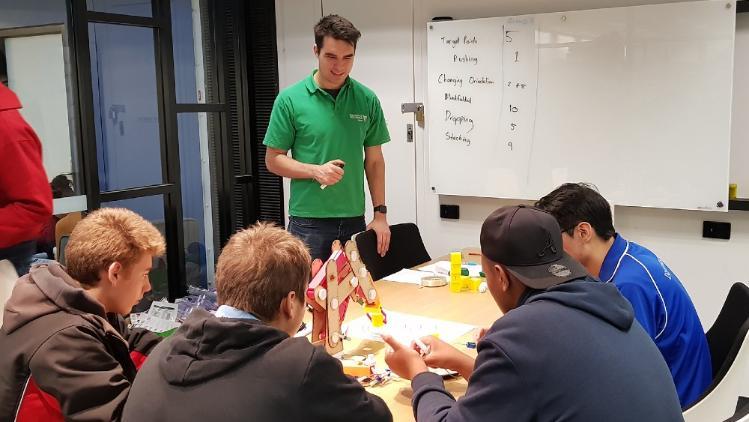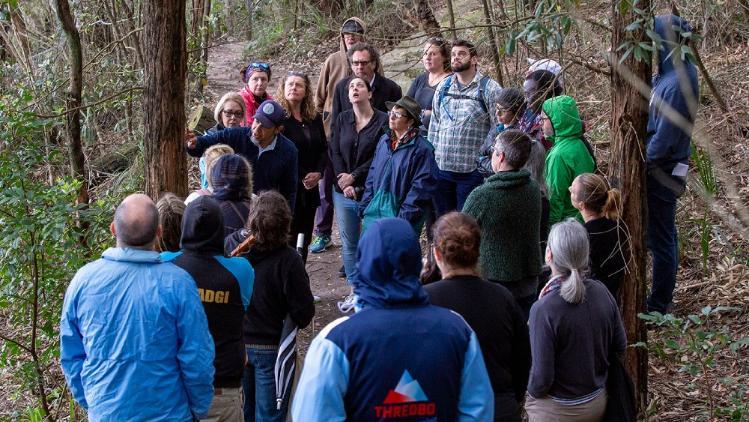Enhancing the discoverability of UOW research to boost engagement and impact.
Maximising research visibility
Ensuring that UOW’s research is discoverable has benefits that extend from the researcher, to the institution, to the community and globally.
The Library plays a key role in supporting activities throughout the research lifecycle by connecting researchers with the expertise and guidance needed to manage, publish and track research.
Partnerships were forged with the Research Portfolio and Information Management & Technology Services to develop training and support for staff and Higher Degree Research (HDR) students in the effective management of research data, a critical institutional asset.
Our contribution to Research Engagement and Impact continued, working closely with the Research Services Office to help researchers plan for impact and gather relevant evidence. Our Social Sciences Librarians, Sam Hutchinson and AJ Corradini, facilitated a ‘Train the Trainer: Advocating Impact’ workshop at ResBaz (Research Bazaar) Sydney, sharing practical activities and advice with other academic librarians on how best to support researchers with their impact narratives.
Close collaboration with the Faculty of Law, Humanities and The Arts resulted in the development of a tool to facilitate discovery of relevant journals in their fields and we provided training to strengthen publication pathways.
We’re proud to provide a range of services that are integral to supporting UOW’s research strategy and vision. Increasing the visibility of UOW research leads to enhanced engagement.
ORCiD
Library staff work with researchers to optimise their online profiles to help boost discoverability and engagement with their work. There are additional efficiency benefits where author identifiers have been integrated into publishing and funding systems to streamline submission processes saving researchers valuable time.
We have helped to increase ORCiD uptake amongst research-active staff from 77% in 2018 to 93% in 2019. Collaboration with Faculty Research Managers and targeted initiatives by the Liaison Services team have contributed to this increase. In addition, 73% of those ORCID iDs have been linked with UOW Scholars profiles to maximise researcher discoverability.
"Academic staff valued my expertise in explaining the rationale behind an ORCiD profile and appreciated that this would make them visible on both the national and international scene. They also appreciated my support to add publications – which saved them lots of time - and it was so satisfying to hear when they had been successful with grant applications that they had submitted with their ORCiD profile."
Vicki Dodd, Liaison Services Librarian
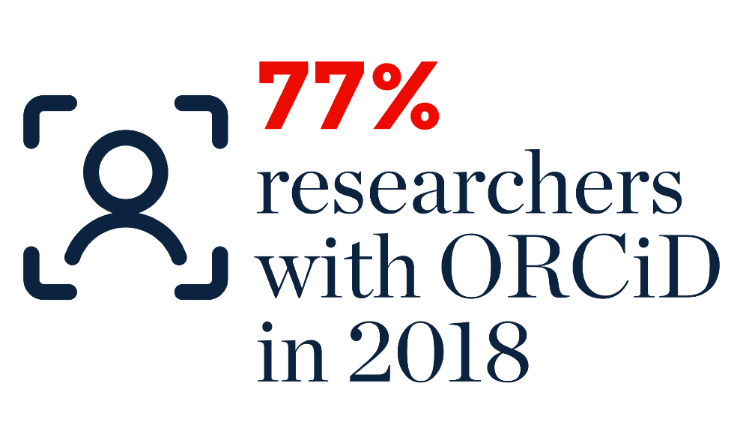
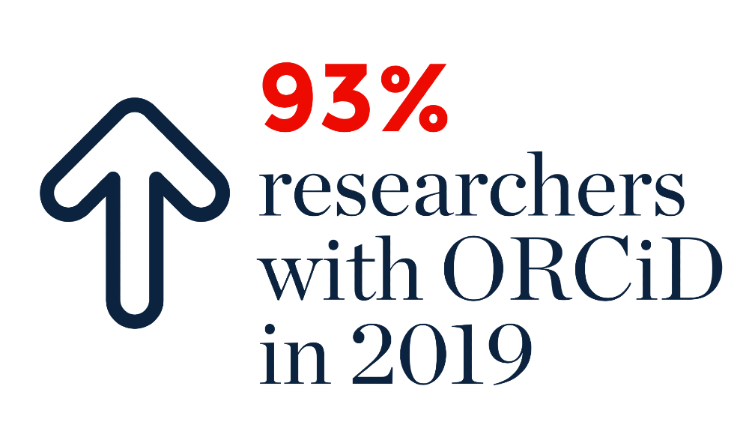
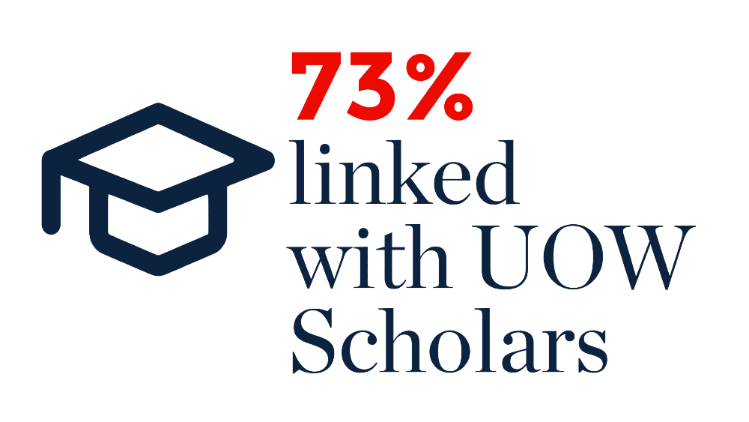
3 ways we've innovated research reporting
Automation of reports
Research reporting methods can be complex and unwieldy in their creation and dissemination, yet they are vital for academics to showcase their research impact when applying for promotion and grants or making strategic publishing decisions. Through active listening and stakeholder collaboration on requirements, significant efficiencies were gained through optimisation of technologies for the automation of reports.
The turnaround time for the creation of Journal Impact, Scholarly Output and CiteSnap reports was reduced from an average of 6-8 weeks to 2-5 days.
"Our staff are now able to provide reports on short notice to academics applying for grants and promotions, and the automation update has reduced the potential for error."
Christine Wales, Liaison Services Librarian
Web scraping tool to harvest journal rankings
When an academic staff member asked for a way to rank 3,000 journals using the h-index, a web scraping tool that comprised the application of a Google Spreadsheet formula to Google Scholar metrics was able to be employed for the automated harvesting of journal rankings.
"This tool saved an enormous amount of time for the academic, allowing for more focus on research by refining search results and aiding in the selection of journal articles. For me it was great to find a digital solution to a problem and a chance to apply digital humanities skills in a real-life situation."
Allison Hill, Liaison Services Librarian
Publication management workflows
The Scholarly Content team collaborated with UOW’s Business Improvement and Analytics Division (BIAD) to assess and evaluate the publication management workflow. Publication data is essential to reporting activities such as the UOW annual publication collection (ARROW), and Excellence in Research for Australia (ERA).
BIAD also undertook consultation with the Research Services Office and Information Management & Technology Services (IMTS), to scope integrations within the larger structure of UOW’s research support and systems environment. These investigations ensure a solid foundation for the implementation of a new system, Symplectic Elements, as recommended in 2018, with final approval garnered in 2019.
The implementation of Symplectic Elements as UOW’s publication management system will significantly strengthen and streamline these services in coming years through automated ingestion of publications, greater control for users and better functionality.
"This work delivered sensible groundwork for next year’s implementation. The process maps we produced highlighted inefficiencies such as double handling and bottle necks that we aim to eliminate with the new system."
Clare Job, Team Leader Scholarly Content



